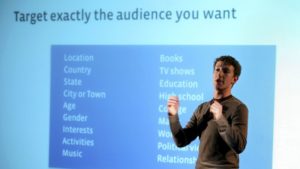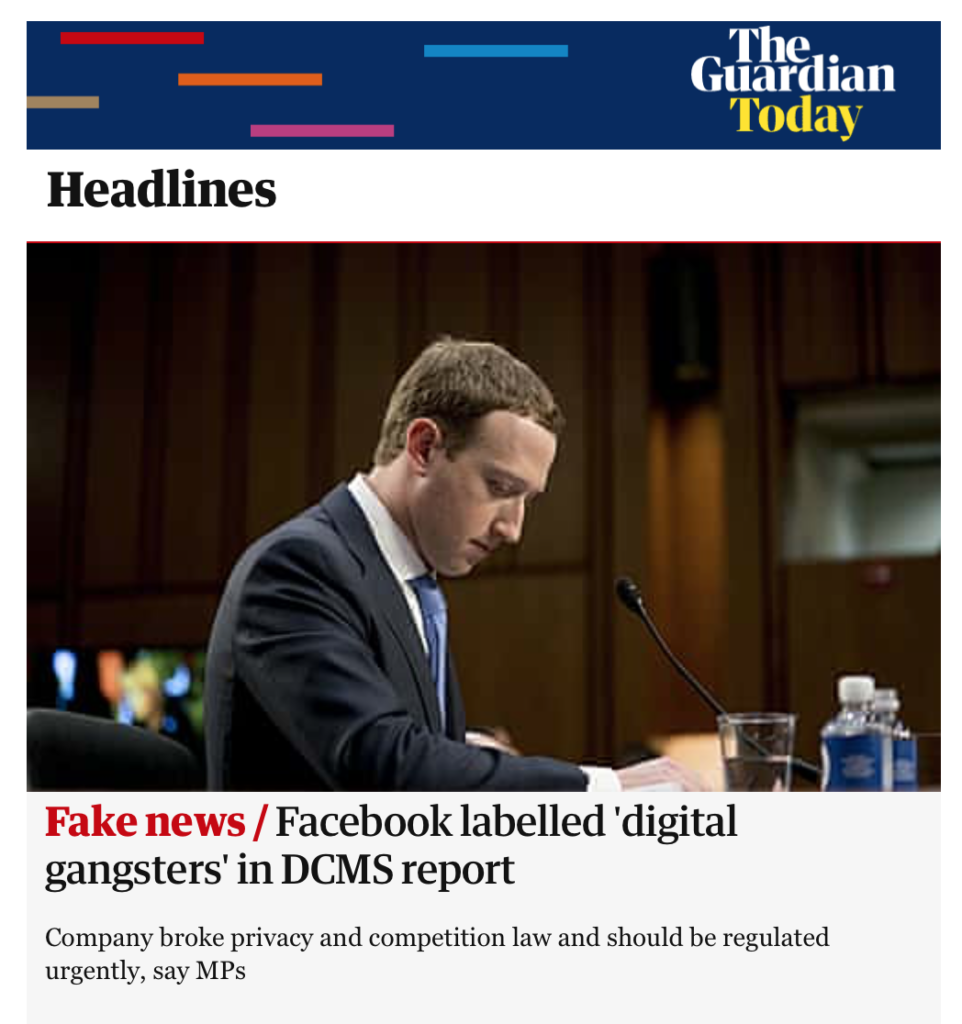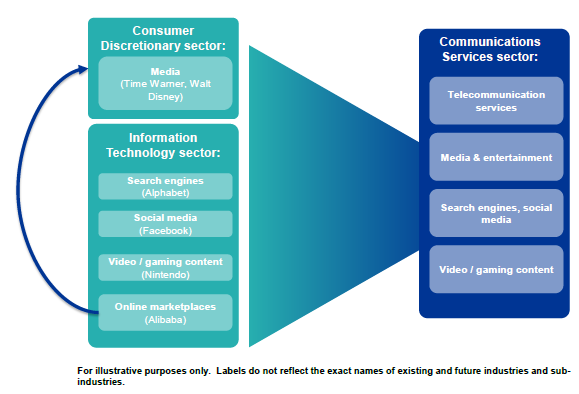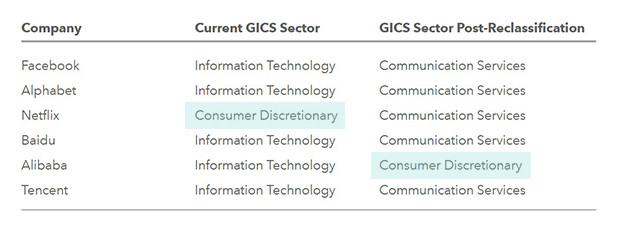Photography (in the technical rather than aesthetic sense) was once all about the laws of physics — wavelengths of different kinds of light, quality of lenses, refractive indices, coatings, scattering, colour rendition, depth of field, etc.) And initially, when mobile phones started to have cameras, those laws bore down heavily on them: they had plastic lenses and tiny sensors with poor resolution and light-gathering properties. So the pictures they produced might be useful as mementoes, but were of no practical use to anyone interested in the quality of images. And given the constraints of size and cost imposed by the economics of handset manufacture and marketing there seemed to be nothing much that anyone could do about that.
But this view applied only to hardware. The thing we overlooked is that smartphones were rather powerful handheld computers, and it was possible to write software that could augment — or compensate for — the physical limitations of the cameras.
I vividly remember the first time this occurred to me. It was a glorious late afternoon years ago in Provence and we were taking a friend on a drive round the spectacular Gorges du Verdon. About half-way round we stopped for a drink and stood contemplating the amazing views in the blazing sunlight. I reached for my (high-end) digital camera and fruitlessly struggled (by bracketing exposures) to take some photographs that could straddle the impossibly wide dynamic range of the lighting in the scene .
Then, almost as an afterthought, I took out my iPhone, realised that I had downloaded a HDR app, and so used that. The results were flawed in terms of colour balance, but it was clear that the software had been able to manage the dynamic range that had eluded my conventional camera. It was my introduction to what has become known as computational photography — a technology that has come on in leaps and bounds ever since that evening in Provence. Computational photography, as Benedict Evans puts it in a perceptive essay, ”Cameras that Understand”, means that
“as well as trying to make a better lens and sensor, which are subject to the rules of physics and the size of the phone, we use software (now, mostly, machine learning or ‘AI’) to try to get a better picture out of the raw data coming from the hardware. Hence, Apple launched ‘portrait mode’ on a phone with a dual-lens system but uses software to assemble that data into a single refocused image, and it now offers a version of this on a single-lens phone (as did Google when it copied this feature). In the same way, Google’s new Pixel phone has a ‘night sight’ capability that is all about software, not radically different hardware. The technical quality of the picture you see gets better because of new software as much as because of new hardware.” Most of how this is done is already — or soon will be — invisible to the user. Just as HDR used to involve launching a separate app, it’s now baked into many smartphone cameras, which do it automatically. Evans assumes that much the same will happen with the ‘portrait mode’ and ‘night sight’. All that stuff will be baked into later releases of the cameras.
“This will probably”, writes Evans,
also go several levels further in, as the camera goes better at working out what you’re actually taking a picture of. When you take a photo on a ski slope it will come out perfectly exposed and colour-balanced because the camera knows this is snow and adjusts correctly. Today, portrait mode is doing face detection as well as depth mapping to work out what to focus on; in the future, it will know which of the faces in the frame is your child and set the focus on them”. So we’re heading for a point at which one will have to work really hard to take a (technically) imperfect photo. Which leads one to ask: what’s next?
Evans thinks that a clue lies in the fact that people increasingly use their smartphone cameras as visual notebooks — taking pictures of recipes, conference schedules, train timetables, books and stuff we’d like to buy. Machine learning, he surmises, can do a lot with those kinds of images.
”If there’s a date in this picture, what might that mean? Does this look like a recipe? Is there a book in this photo and can we match it to an Amazon listing? Can we match the handbag to Net a Porter? And so you can imagine a suggestion from your phone: “do you want to add the date in this photo to your diary?” in much the same way that today email programs extract flights or meetings or contact details from emails.“
Apparently Google Lens is already doing something like this on Android phones.







